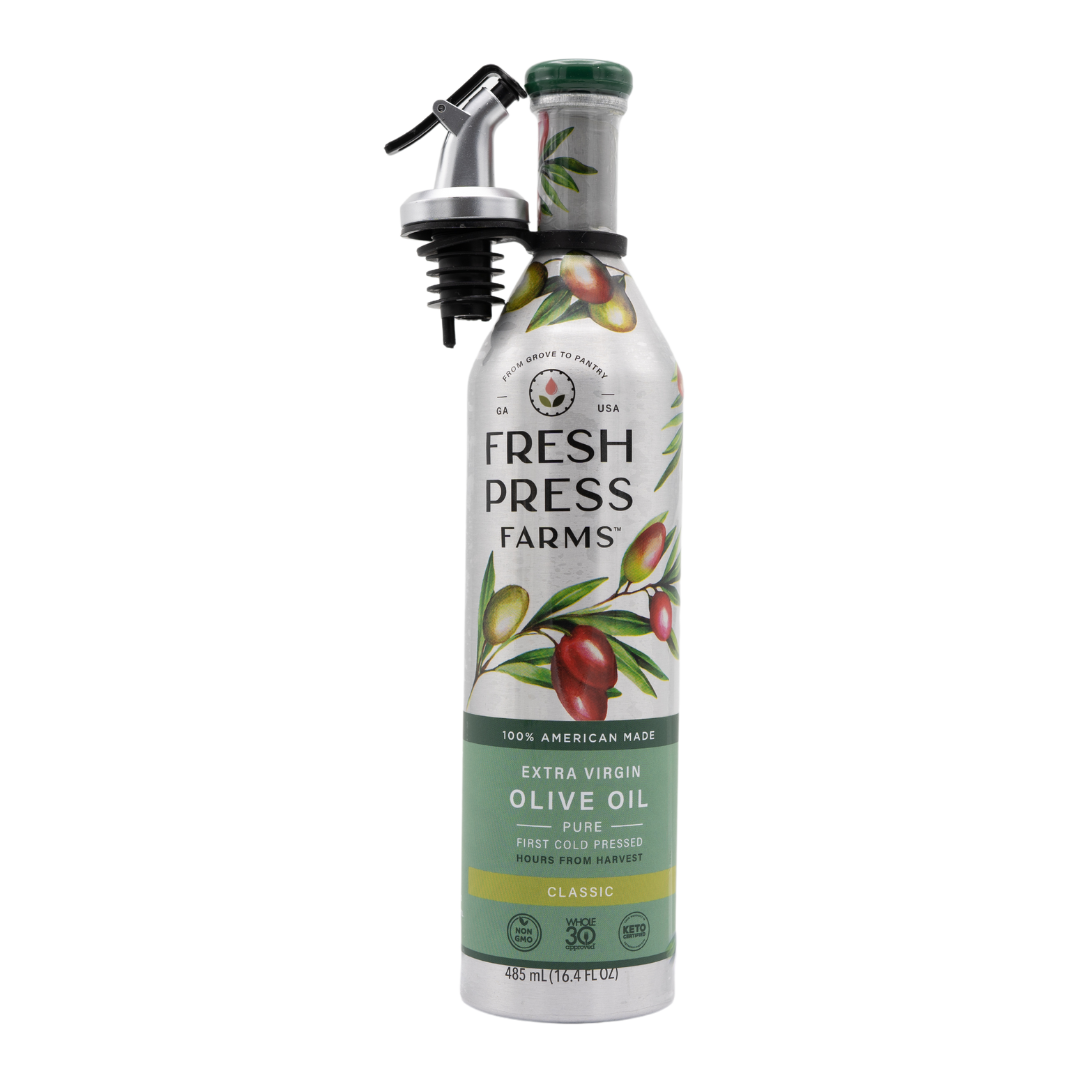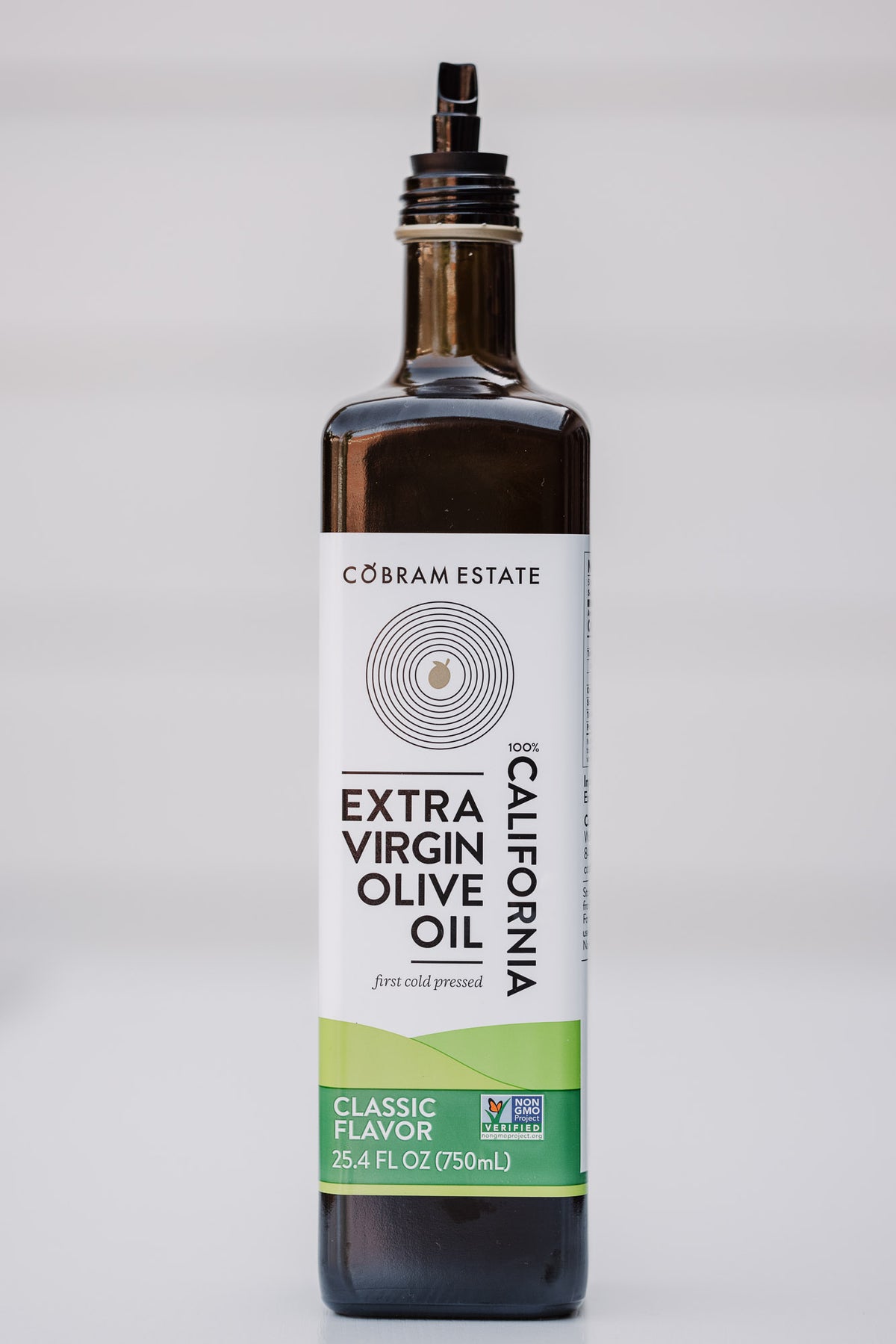Extra Virgin Olive Oil Benefits: How It Supports Healthy Cholesterol Levels
Extra Virgin Olive Oil Benefits: How It Supports Healthy Cholesterol Levels
Blog Article
Exploring the Various Types of Olive Oil and Their Usages, Including Additional Virgin Olive Oil
The expedition of olive oil incorporates a varied array of kinds, each offering culinary applications and unique tastes. Additional virgin olive oil, renowned for its superior quality and health and wellness benefits, serves as a staple in lots of kitchen areas, yet it is only one element of this complex active ingredient.
What Is Olive Oil?
Originated from the fruit of the olive tree, olive oil is a staple in Mediterranean cuisine and a key component in various culinary applications. This functional oil is generated by pressing whole olives, resulting in a fluid that varies in taste, shade, and fragrance depending on the kind of olives used, the area of growing, and the removal procedure. Olive oil is primarily composed of monounsaturated fats, particularly oleic acid, which is recognized for its possible health benefits, consisting of anti-inflammatory buildings and cardio support.
In enhancement to its cooking usages, olive oil has a lengthy background of application in standard medicine and skincare, owing to its abundant antioxidant content (extra virgin olive oil benefits). The oil is usually used in dressings, marinates, and for cooking techniques such as sautéing and roasting. Its unique flavor profile can enhance the taste of various meals, making it a necessary active ingredient for both home cooks and specialist chefs
Furthermore, olive oil is commemorated for its function in the Mediterranean diet, which is connected with many health and wellness benefits. As recognition of these advantages expands, olive oil proceeds to obtain popularity worldwide as an essential element of a healthy way of life.
Sorts Of Olive Oil
Comprehending the various sorts of olive oil is crucial for both culinary lovers and health-conscious customers. Olive oil is classified mostly based upon its removal technique and quality, which significantly impacts its aroma, taste, and health benefits.

Light olive oil, regardless of its name, refers to a lighter taste and not lower calories. It is ideal for those looking for a much more refined taste in dressings and marinades. Furthermore, there are flavorful olive oils instilled with natural herbs, flavors, or citrus, which can boost recipes without the need for additional seasoning.
Each kind of olive oil offers specific culinary functions, and understanding these differences permits customers to make informed selections that straighten with their cooking designs and wellness goals.
Bonus Virgin Olive Oil
Additional virgin olive oil (EVOO) is widely pertained to as the best olive oil available, celebrated for its abundant taste and numerous wellness benefits. To be identified as added virgin, the oil must be produced from fresh olives making use of mechanical processes, without the use of solvents or extreme warmth. This thorough approach preserves the oil's all-natural tastes, anti-oxidants, Extra resources and healthy fats, resulting in an item with a low level of acidity degree of much less than 0.8%.
EVOO is abundant in monounsaturated fats, especially oleic acid, which is connected to reduced inflammation and enhanced heart health. It additionally consists of polyphenols, powerful antioxidants that may use safety impacts against persistent conditions. The flavor profile of EVOO can differ dramatically relying on the olive range and region of manufacturing, ranging from fruity and verdant to durable and peppery.

Culinary Uses of Olive Oil

In cooking, olive oil can be made use of for sautéing, roasting, and barbecuing, giving a healthier option to butter or other fats. Its high smoke factor makes it ideal for numerous cooking methods, while its anti-oxidants add to a heart-healthy diet plan. Drizzling olive oil over finished meals, such as pasta, fish, or barbequed veggies, can elevate flavors and include a touch of beauty.
Moreover, olive oil plays a substantial duty in cooking, where it can replace typical fats in dishes for bread and pastries, imparting moisture and a refined taste. It additionally functions as a base for infused oils, allowing chefs to experiment with tastes such as garlic, herbs, or chili, even more broadening its culinary capacity. On the whole, olive oil's flexibility makes it indispensable in both home and expert kitchen areas.
Finding Quality Olive Oil
When picking high quality olive oil, it's vital to consider several crucial factors that influence the product's fragrance, wellness, and taste advantages. Most importantly, select added virgin olive oil (EVOO), which is stemmed from the initial chilly pushing of olives and contains the highest possible levels of anti-oxidants and valuable substances. Look for oils that are licensed by acknowledged organizations, as this typically makes certain adherence to stringent quality criteria.
The product packaging likewise plays a redirected here considerable function in protecting the oil's integrity. Choose oils saved in dark glass bottles or tins to safeguard versus light degradation. Take notice of the harvest day; fresher oils offer exceptional flavor and nutritional worth, so pick items that are within 18 months of their harvest.
Be conscious of the preference; a great high quality olive oil should have an equilibrium of fruity, bitter, and peppery notes, suggesting its splendor and complexity. By reviewing these variables, you can guarantee you are choosing the finest olive oil for your cooking requirements.
Verdict
In summary, the expedition of different types of olive oil reveals distinct attributes and applications, with added virgin olive oil representing the pinnacle of quality due to its low level of acidity and high antioxidant content. Recognizing the various varieties of olive oil enables for informed selections in food preparation approaches, advertising healthier practices while enhancing the total gastronomic experience.
Obtained from the fruit of the olive tree, olive oil is a staple in Mediterranean cuisine and an essential ingredient in various culinary applications.The most common kinds of olive oil include refined olive oil, pure olive oil, and light olive oil.Bonus virgin olive oil (EVOO) is extensively concerned as the greatest quality olive oil offered, celebrated for its abundant flavor and countless health and wellness advantages. Opt for extra virgin olive oil (EVOO), which is acquired from the initial cool pressing of olives and consists of the highest possible levels of antioxidants and valuable compounds.In summary, the exploration of different types of olive oil reveals distinctive characteristics and applications, with extra virgin olive oil standing for the pinnacle of quality due to its low level of acidity and high antioxidant web content.
Report this page